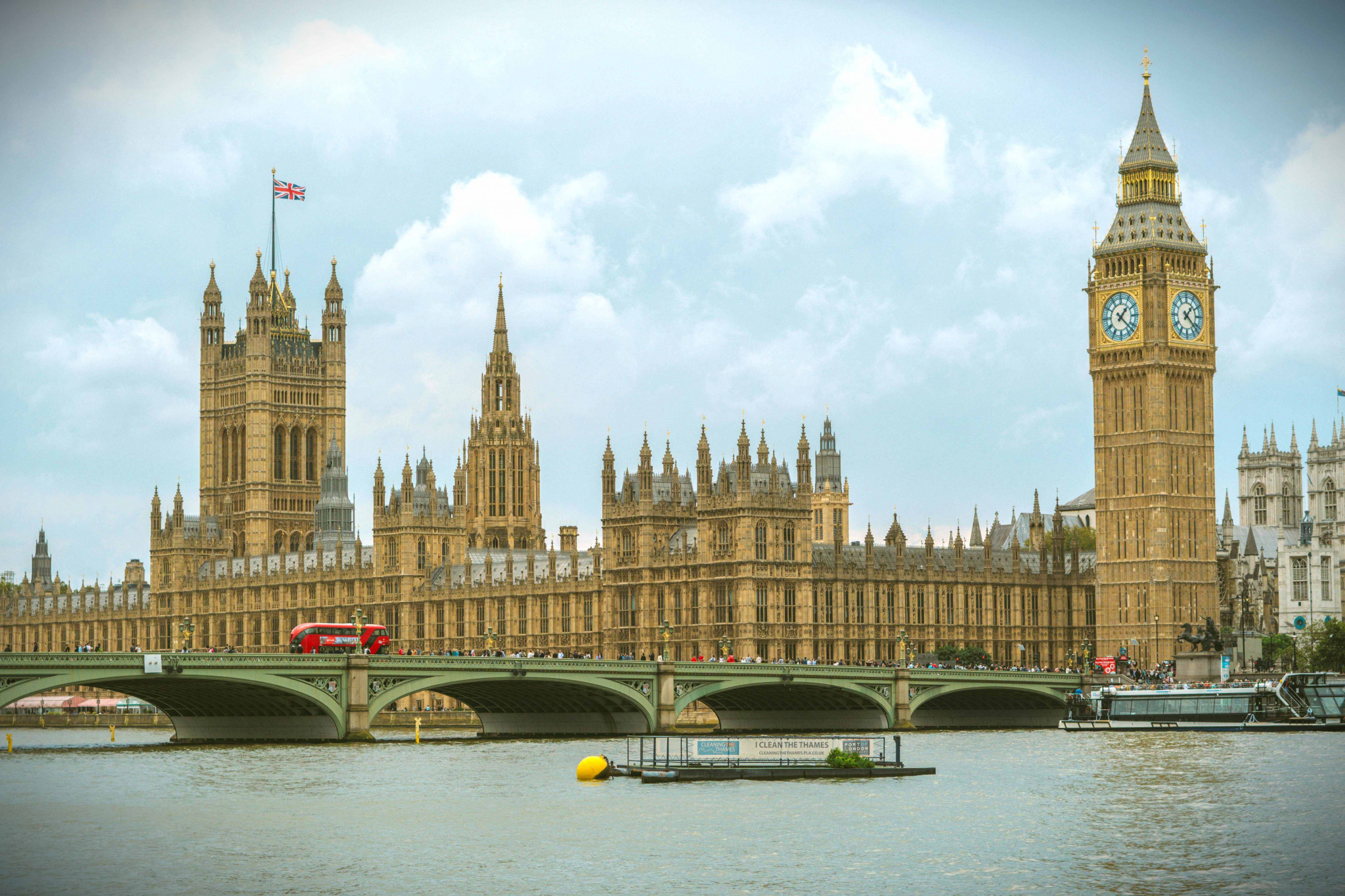Professor David Bates’ offer his first thoughts of what the results of the 2024 election mean.
It is undoubtedly the case that ‘Change Labour’ under Sir Keir Starmer fought a ruthless strategic campaign. Laura Kuenssberg and Professor Sir John Curtis et al at the BBC along with newspapers such as the Telegraph have underplayed this, by shifting their analysis immediately to voter share. Curtis points to the fact that Labour’s win is based on only 35 per cent of voter share in England, just 2 points higher than in 2019 when they were hammered by the Conservatives under Boris Johnson.
Sky News have termed this a ‘loveless landslide’.
However, this narrative can quite easily be inverted as Labour’s National Campaign Coordinator Pat McFadden insisted this morning. First, Labour’s achievements in Scotland – including the annihilation of the SNP – should not be abstracted from the picture. This was integral to their strategy. Second, in terms of voter share – if Labour had wanted to focus on voter share, they would no doubt have run a quite different campaign. The point was not to be ‘loved’ but to lead. So, Labour has achieved its key objective. As regards the campaign itself, the voter share argument is a distraction.
But Labour are now in Government and Sir Keir Starmer is Prime Minister. The road ahead will be a rocky one.
Part of Starmer’s strategy – unless you believe the unhinged ramblings of Peter Hitchens – was to ‘recapture the centre’ of British politics. Since 1979 – a fact exacerbated after 1997 – this so-called centre has shifted to the right. New Labour sought a form of so-called centrist politics founded on the assumption that neo-liberal globalisation was a good. But for many people in the UK, it was very bad indeed. Neo-liberal globalisation has produced new geographies of domination, new marginalised peripheries where hope does not venture. If Starmer listens too much to Peter Mandelson, he may be tempted simply to pick up where Blairism left off. The Conservatives after 2010 should not be let off the hook. They are responsible for their own demise. They deserved to be punished.
Labour’s Blairite wing has been complicit in creating the conditions of possibility for what will likely be a growing right-wing populism in England as in the rest of Europe. Labour may wish to be a party for business and for ‘working people’. But if it does not address the real concerns of the victims of globalisation, populist right-wing culture wars politics will fill the vacuum. On this issue, expect to see a great deal more of Nigel Farage.
But not just this. In supporting equity and fairness, it is likely that Labour will make quick enemies amongst their new friends. Rupert Murdoch and the Sun will be fair weather fans!
Labour’s problems in this area will be further exacerbated by the financial commitments which it thought necessary to make in the campaign. If it moves in an egalitarian direction, business, the press and the political right will be up in arms. If it does not, the causes of right-wing populist dissatisfaction remain.
There is trouble ahead. Somehow Keir Starmer will now have to face the music. But can he dance?
Photo by Carlos Ma: https://www.pexels.com/photo/big-ben-by-the-river-in-london-19383435/
 Politics
Politics Laura Cashman
Laura Cashman 920
920


